Reading for Life
by Philip Davis
Reading for Life is an anthology of poems and prose fiction, and an account of the work done by the Centre for Research into Reading, Literature and Society (CRILS) and the outreach charity The Reader.
In Reading for Life, Philip Davis asks what literature can offer in times of need, and depicts readers—including the attendees of reading groups in hospitals, homeless shelters, care homes, prisons and drug rehabilitation centres—as they find solace in and are invigorated by powerful writing.
The author, Philip Davis, was previously interviewed on Five Books when he recommended the best George Eliot books.
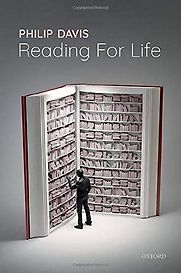
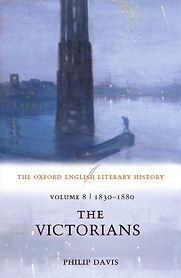
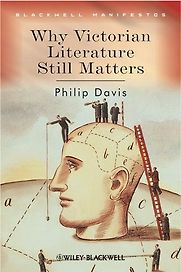
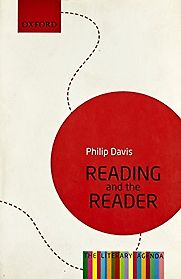
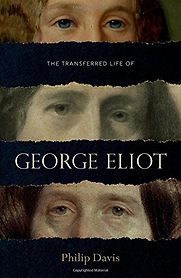
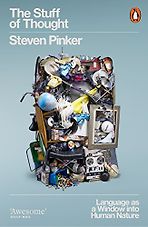
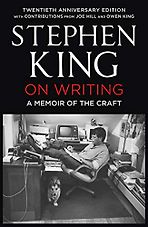
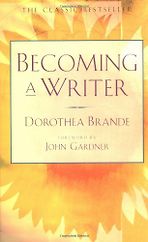
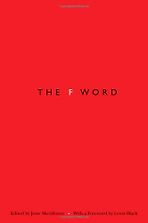
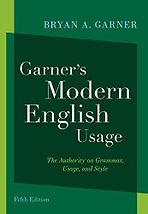
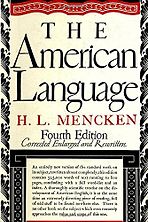
The book, according to the author